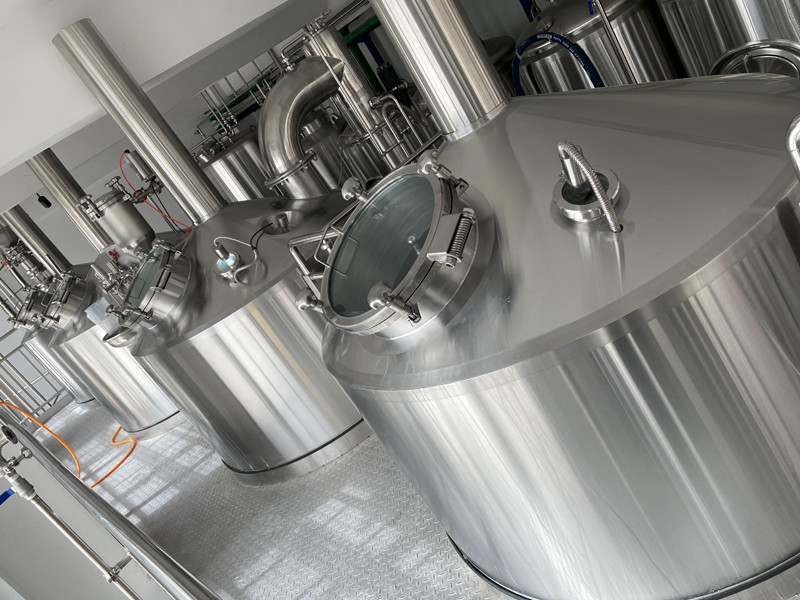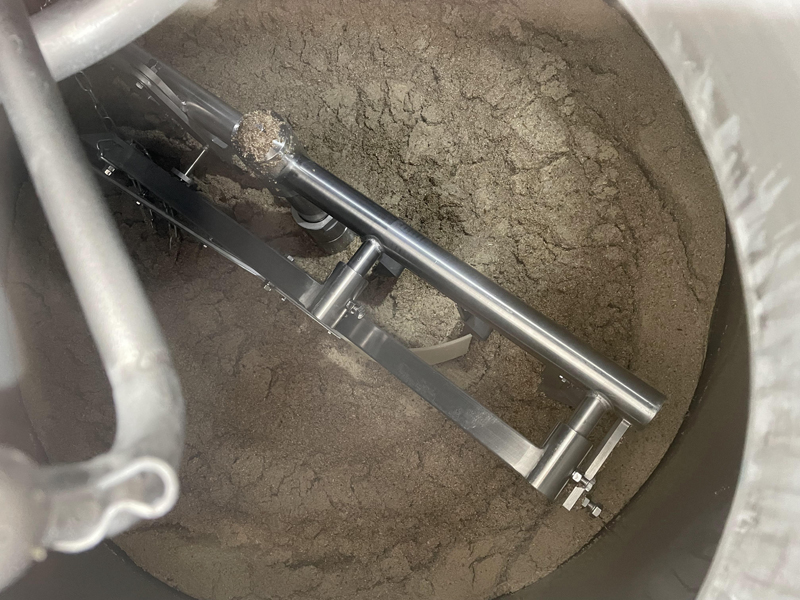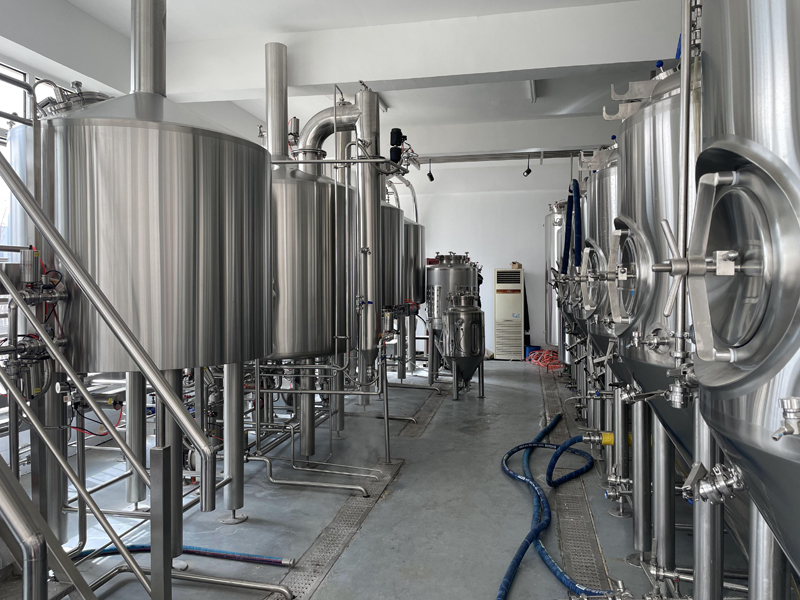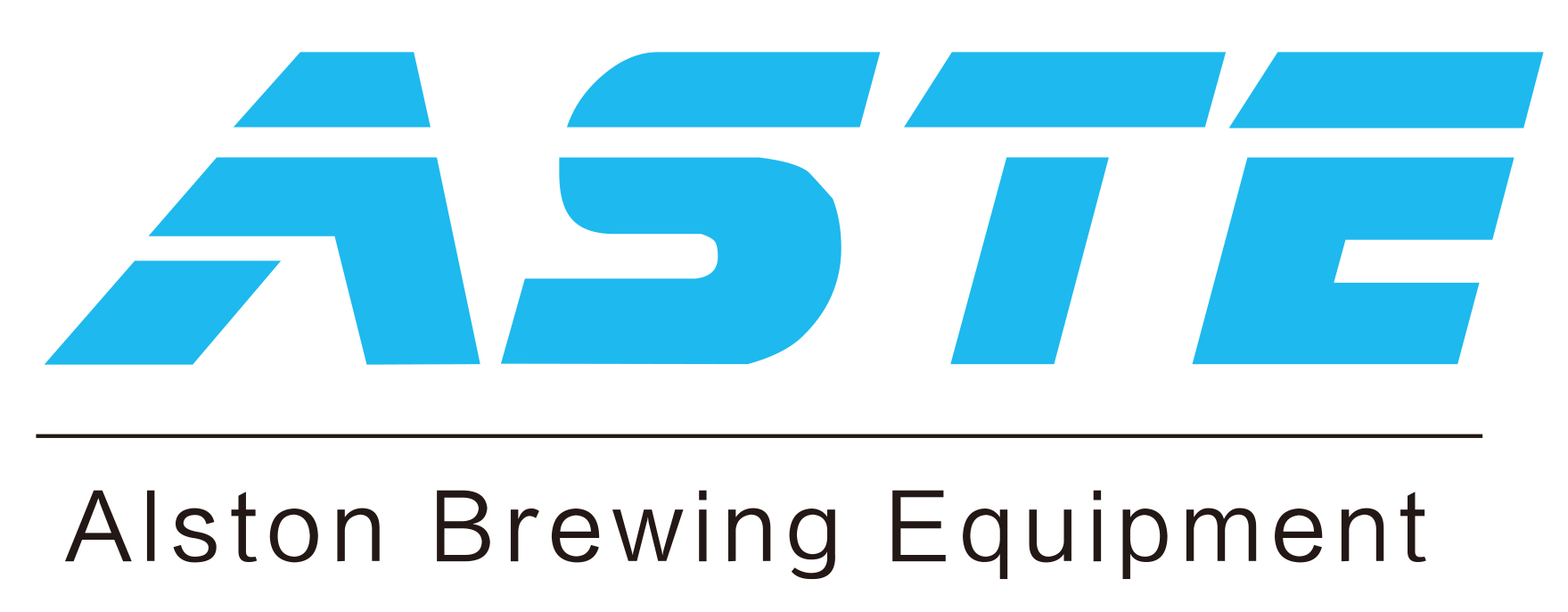How long does the entire beer brewing process take?
Depending on your brewing method, your actual brewing time may be as short as 2 hours or as long as a typical work day. In most cases, brewing is not labor-intensive.
So, let's discuss how long it takes to brew a beer from start to glass and how much time it takes.
The main factors are as follows.
► Brew day - brewing technique
► Fermentation time
► Bottling and kegging
► Brewing equipment
► Brewery establishment

Brewing from start to glass
Beer can be largely divided into two general styles, ale and lager. Not only that, but for our purposes, let's keep it simple.
A beer takes an average of 4 weeks from start to finish, while a lager takes at least 6 weeks and usually longer.
The main difference between the two is not the actual brew day, but the fermentation and maturation period, both in the bottle and in the keg.
Ales and lagers are typically brewed with different yeast strains, one that is top-fermented and another that is bottom-fermented.
Not only do some yeast strains need extra time to dilute (eat all the lovely sugars in the beer), but they also need extra time to start cleaning up the other by-products produced during fermentation.
On top of that, storing the beer (from Germany for storage) is a complex process that involves lowering the temperature of the fermented beer over a period of weeks.
Therefore, if you want to brew your beer quickly in order to restock your fridge, malt liquor is always the best choice.
Brewing Methods
There are 3 main methods of brewing beer at home, all-grain, extract, and beer in a bag (BIAB).
Both all-grain brewing and BIAB involve mashing the grain to extract the sugar. However, with BIAB, you can usually reduce the time it takes to strain the grains after mashing.
If you are doing extract brewing, it takes about an hour to boil the wort, plus cleaning time before and after.
For all-grain brewing, it takes about an hour to mash the grains, possibly another hour to rinse them (strain), and another hour to boil the wort (3-4 hours).
Finally, if you are using the BIAB method, you will also need about 2 hours and possibly 3 hours for extensive cleaning.
The main difference between extract and all-grain brewing is that you don't need to use an extract kit for the mashing process, so you don't have to spend time heating and de-watering to filter the grains.
BIAB also reduces much of the time required for traditional all-grain brewing.
Wort cooling
If you have a wort chiller, it can take 10-60 minutes to bring boiling wort down to yeast fermentation temperature. If you are cooling overnight, it can take up to 24 hours.
Pitching yeast - When using dry yeast, it only takes about a minute to open it up and sprinkle it on the cooled wort.
When using yeast fermenters, you must calculate the time needed to prepare the basic wort (yeast food) and allow the fermenters to build up over a few days. This is all done before your actual brew day.
Bottling
Bottling can be very tedious if you don't have the right setup. You will need about 5-10 minutes to prepare your sugar.
Expect to take 1-2 hours to wash used bottles by hand, or less if using a dishwasher. If you have a good bottling and capping line, the actual bottling process may only take 30-90 minutes.
Kegging
If you have a small keg, it's like filling a large bottle. Expect to clean, transfer the beer (10-20 minutes) in about 30-60 minutes, and it can be ready to drink in as little as 2-3 days, but home brewers usually allow one to two weeks for this process.

How can you speed up your brew day?
To speed up your brew day, you need to focus on streamlining the process by better preparing and organizing your equipment and ingredients.
Investing in certain equipment can also reduce the time spent on critical tasks. In addition, the brewing techniques you choose to follow will reduce brewing time.
Some things to consider are.
► Pre-clean the equipment and your brewery
►Prepare your ingredients the night before
►Use a non-rinse sanitizer
►Upgrade your wort chiller
►Shorten your mash and boil
►Choose extracts for brewing
►In addition to the recipe of your choice, another very simple (but expensive) way to reduce your time in the brewhouse is to automate the entire process.

 Jinan Alston Equipment Co.,Ltd.
Jinan Alston Equipment Co.,Ltd.